The working session aimed to review and evaluate the training and development of human resources in the fields of politics, social sciences and humanities, focusing on journalism, publishing and communications in the past time, and at the same time direct the orientation of tasks in the coming time.
In his opening speech at the meeting, comrade Nguyen Trong Nghia stated that the press and media sector has always received great attention from the Party and the State. One of the major viewpoints of the 13th Congress is to focus on improving the quality of training for leaders, managers, reporters and editors, including political mettle, journalistic ethics, and professional expertise to meet the requirements and missions of press and media work in the new situation.
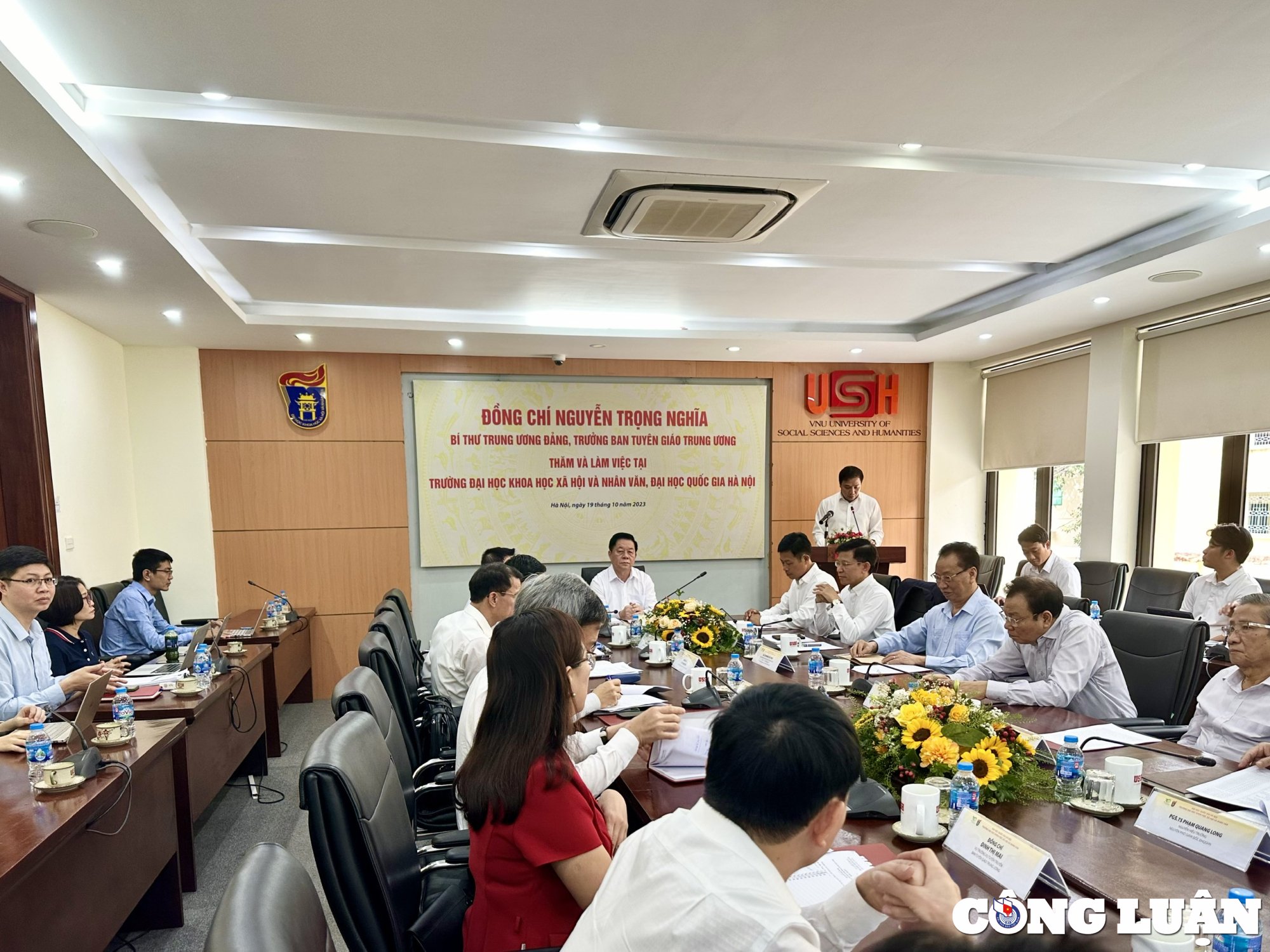
Overview of the working session.
"The 2023 work program will focus on journalism, media, and publishing. After that, the Propaganda Department will coordinate with the Ministry of Education and Training, the Ministry of Information and Communications, and a number of relevant ministries and branches to develop a nationwide program framework - only schools and education systems that meet the requirements and criteria in the new program framework will be allowed to enroll in journalism. Because journalism is under the leadership of the Party, is a special force of propaganda work, and is a shock force fighting on the ideological and cultural front of the Party," emphasized comrade Nguyen Trong Nghia.
Reporting on the training, fostering and development of human resources for journalism and publishing, comrade Hoang Anh Tuan - Party Secretary, Rector of the University of Social Sciences and Humanities, VNU, said that the University of Social Sciences and Humanities under the VNU is considered by the Party and State as the largest center for training and research in social sciences and humanities in the country, with the task of training a team of highly qualified basic science staff to serve the cause of national construction and defense.
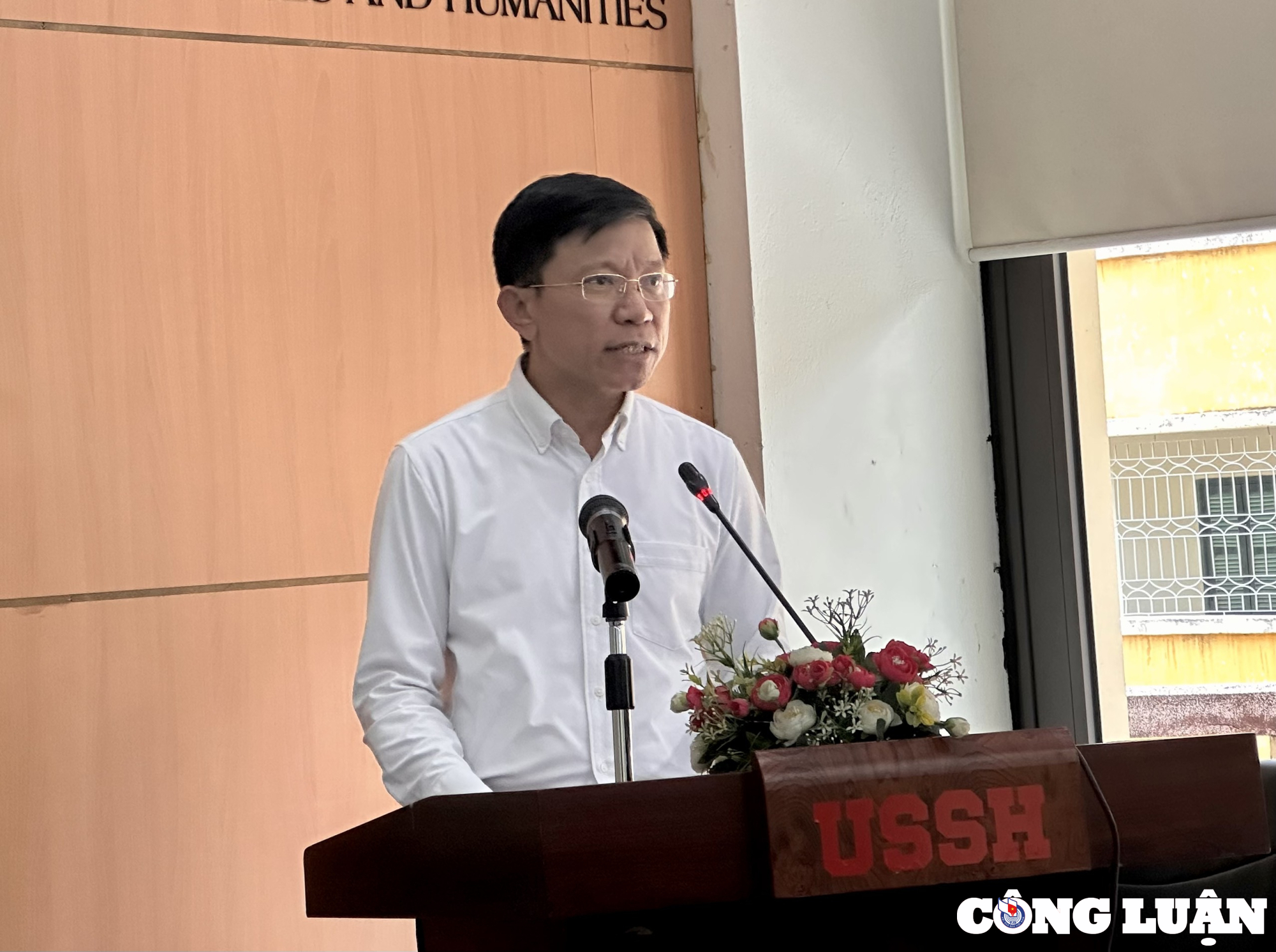
Prof. Dr. Hoang Anh Tuan - Rector of the University of Social Sciences and Humanities, Vietnam National University, Hanoi reported to the working delegation.
In particular, the Institute of Journalism and Communication (USSH) is one of the traditional and prestigious training and research institutions for journalism and communication in Vietnam today.
The Institute aims to train students with basic, fundamental and profound knowledge of important knowledge bases, especially knowledge of political theory, social sciences and humanities, helping future journalists have a solid ideological foundation, profound political courage and comprehensive social understanding along with specialized professional skills.
This is also one of the few journalism and media training facilities in Vietnam today with a modern and synchronous training equipment system. From here, nearly 10,000 students, postgraduates and researchers have graduated, joined the journalism and media community nationwide and made many remarkable contributions.
In addition to the achieved results, sharing opinions at the working session, teachers at the school pointed out some limitations when the current demand for journalism and media training has increased sharply, leading to the massive emergence of journalism and media training facilities, especially the training of media majors in the private school system has not yet met the high requirements for training capacity.
The ambiguity in the division of labor between journalism and media, and in determining job opportunities in the media industry, has affected the reputation of traditional and quality training institutions.
In addition, the staff working in journalism and communication training at the school is still thin and has many fluctuations. Investment in facilities and other resources for specialized training such as journalism and communication is still limited and not commensurate with the potential of the industry as well as the training unit, which are significant challenges in journalism and communication training at the school today.
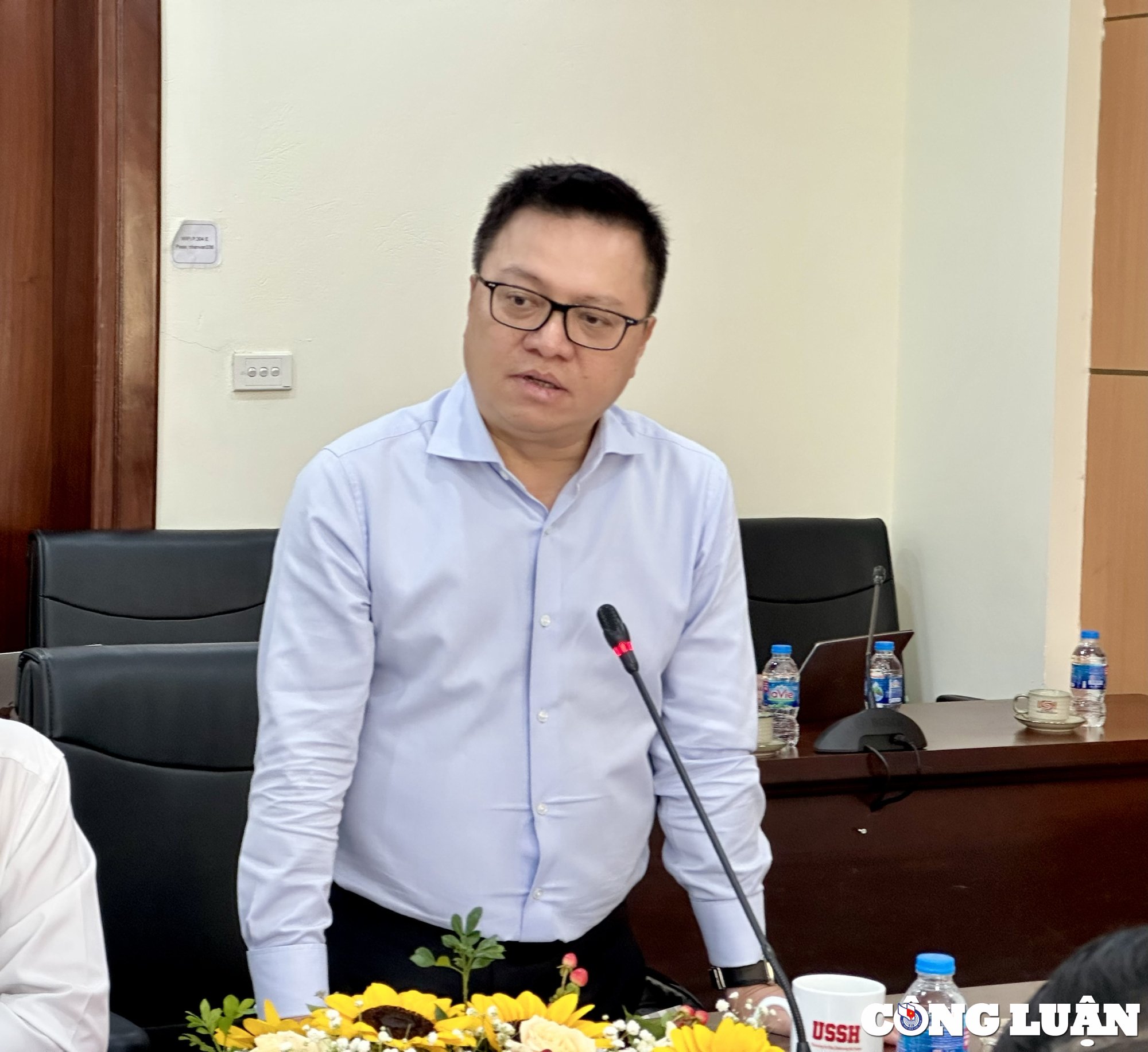
Comrade Le Quoc Minh shared his opinion on the issue of training press human resources in the current situation.
At the meeting, comrade Le Quoc Minh - Member of the Party Central Committee, Editor-in-Chief of Nhan Dan Newspaper, Deputy Head of the Central Propaganda Department, Chairman of the Vietnam Journalists Association affirmed that the efforts of the University of Social Sciences and Humanities as well as the Institute of Journalism and Communication in the recent past have made very important progress.
Comrade Le Quoc Minh acknowledged that the entrance score is not a measure, not all schools with high entrance scores produce excellent journalists, even the students with the highest scores in the school are not necessarily good journalists. "Journalism is like a doctor who needs to practice more. Although we do not deny the role of studying, in the past, scores have been an inherent problem," said comrade Le Quoc Minh.
In addition, in the coming time, according to comrade Le Quoc Minh, the coordination between universities and press agencies needs to be further promoted. According to Mr. Minh, in reality, students doing internships at press agencies are very formalistic. Journalism students must practice as much as possible, and have extracurricular activities and participate in news production of press agencies as much as possible.
Mr. Minh said that this is not a simple problem, and press agencies cannot assign important tasks to interns. Those tasks require a process, knowledge and relationships. Therefore, coordination between training institutions and press agencies must be carried out in a very profound way.
Mr. Le Quoc Minh also mentioned the problem that students graduating from journalism schools when working in editorial offices may have better journalism skills, but their specialized skills in various fields are still lacking.
"Cultivating journalism skills is not too difficult, but cultivating specialized skills in new fields is exactly what our journalism needs. The current common situation is that journalists in the music field do not know a single musical note, a journalist writing about stocks or economics looks at numbers and data but does not understand anything. Journalists writing about society seem to have an easier time, but when it comes to taboos when reporting on children or special subjects, students lack sensitivity and skills in those issues. Future training programs need to strengthen this issue more," said Mr. Le Quoc Minh.
Concluding the meeting, comrade Nguyen Trong Nghia acknowledged and highly appreciated the great contributions of the University of Social Sciences and Humanities in building high-quality human resources. Many generations of Party and State leaders, leaders of ministries and branches, leaders of political organizations, experts and scientists have been trained at the school.
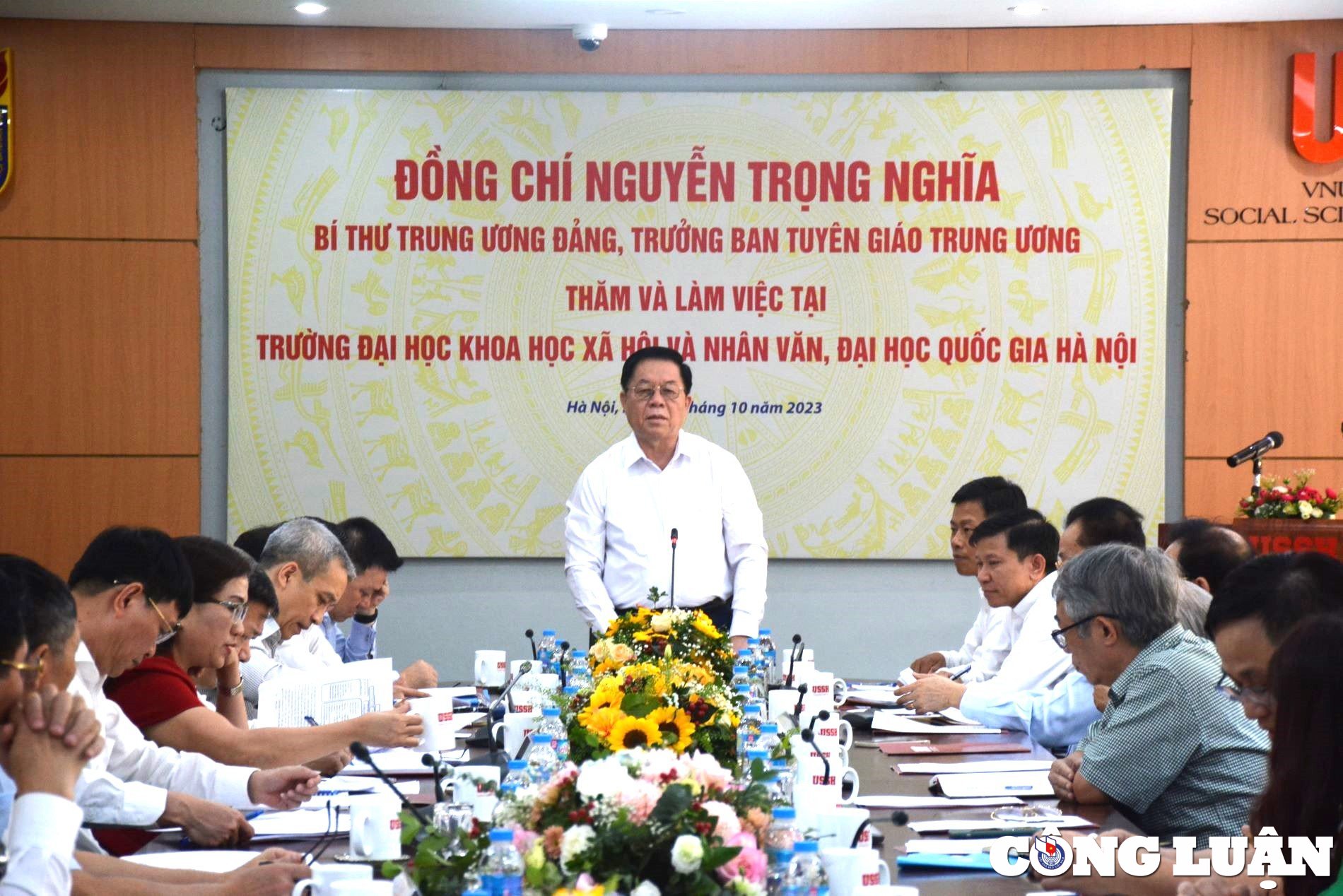
Comrade Nguyen Trong Nghia delivered a concluding speech at the meeting.
Regarding the remaining shortcomings, comrade Nguyen Trong Nghia said that this is an opportunity to listen, share, and absorb the opinions of teachers, as well as deeply study the reports of related units to jointly build better directions in the future.
In particular, the Head of the Central Propaganda Department emphasized the need to continue affirming the position, role and mission of the University of Social Sciences and Humanities - a high-quality training center in the field of journalism, affirming the role of a consulting unit, participating in many forums, participating in the work of steering committees. In the coming time, comrade Nguyen Trong Nghia requested to promote the improvement of the quality of university training associated with research and development of science and technology, social sciences and humanities, and innovation in education and training activities.
In each stage, each subject must integrate internationally. "That means still relying on the foundation of Vietnamese political ideology but must integrate with the world, build training program frameworks suitable for the new situation, apply technology to the maximum, closely link between press and media, promote the ethics of journalism", comrade Nguyen Trong Nghia emphasized.
Phan Hoa Giang
Source


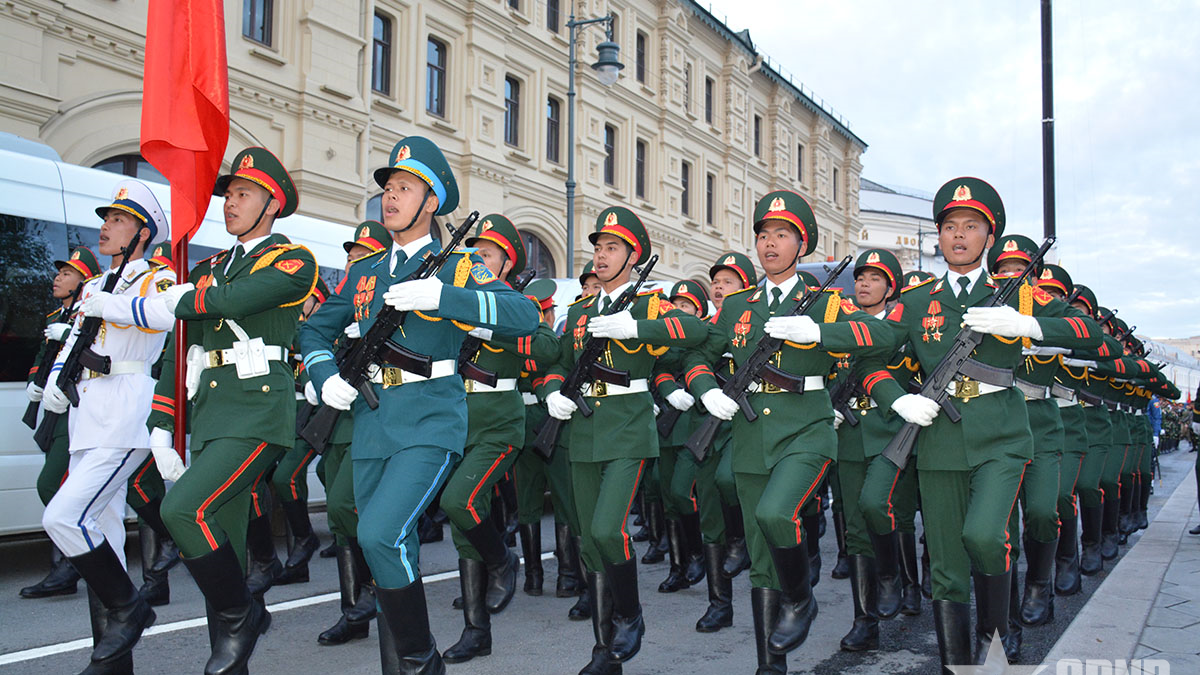
![[Photo] General Secretary To Lam receives Sri Lankan President Anura Kumara Dissanayaka](https://vphoto.vietnam.vn/thumb/1200x675/vietnam/resource/IMAGE/2025/5/4/75feee4ea0c14825819a8b7ad25518d8)
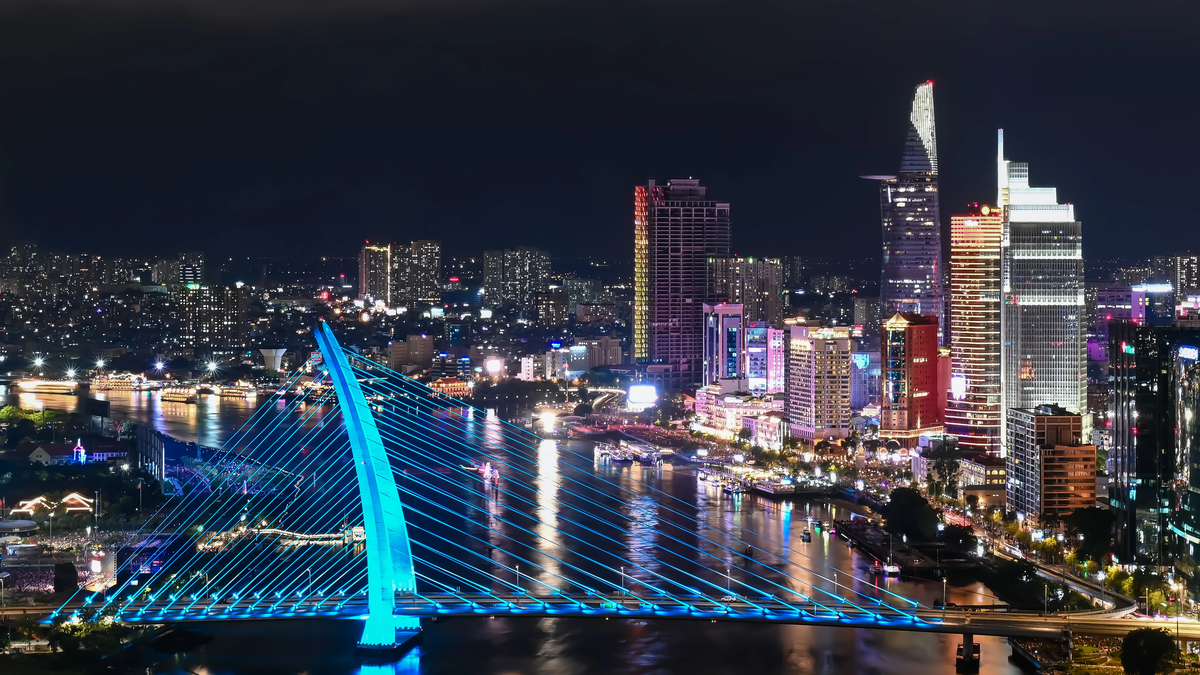

![[Photo] Bus station begins to get crowded welcoming people returning to the capital after 5 days of holiday](https://vphoto.vietnam.vn/thumb/1200x675/vietnam/resource/IMAGE/2025/5/4/c3b37b336a0a450a983a0b09188c2fe6)
![[Photo] Vietnam shines at Paris International Fair 2025 with cultural and culinary colors](https://vphoto.vietnam.vn/thumb/1200x675/vietnam/resource/IMAGE/2025/5/4/74b16c2a197a42eb97597414009d4eb8)
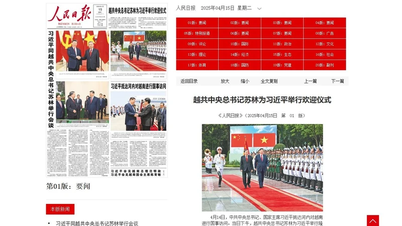

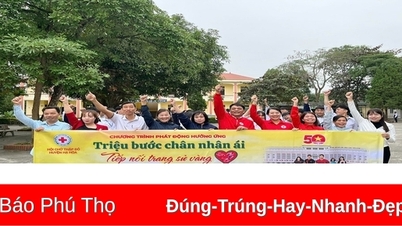

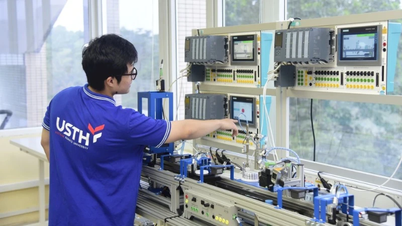
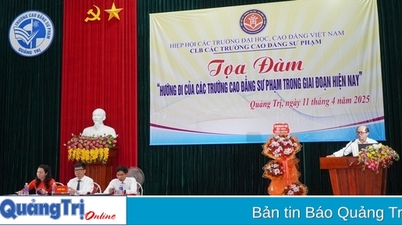

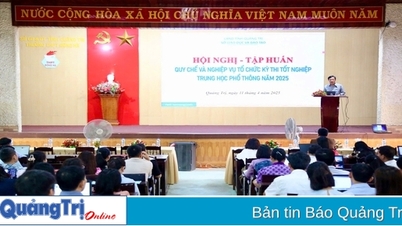
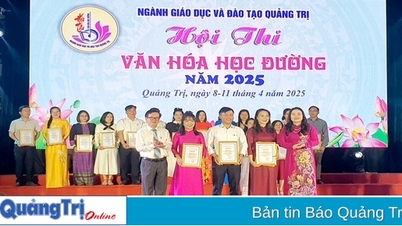
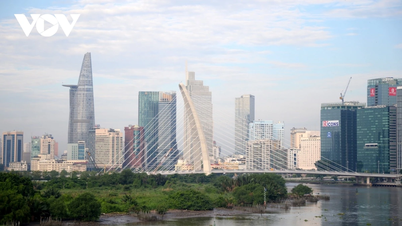
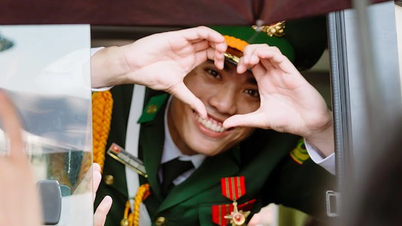
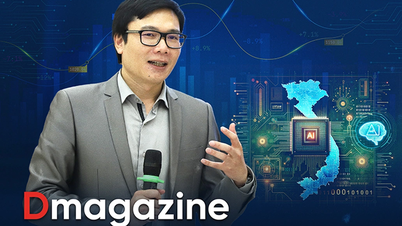

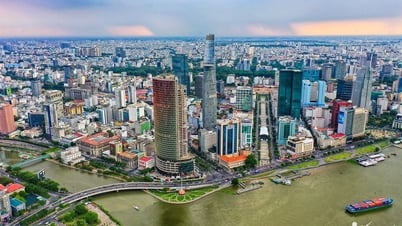
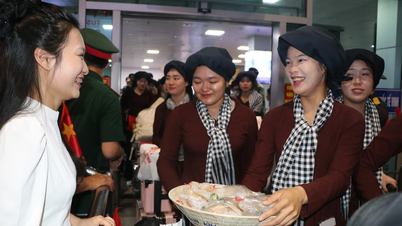











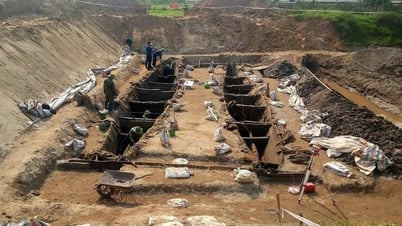







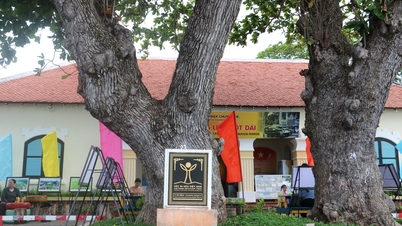

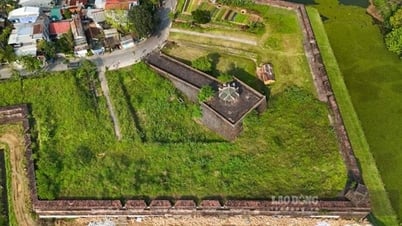

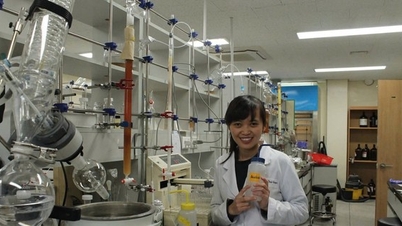


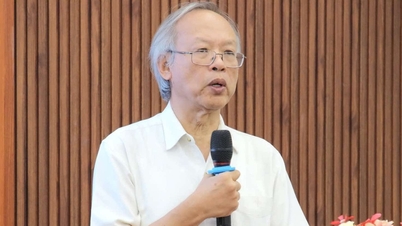

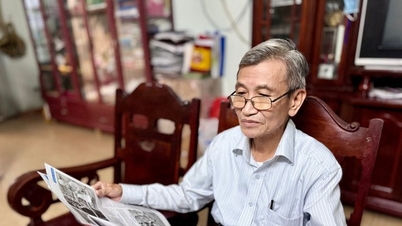
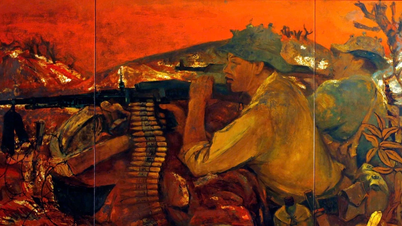


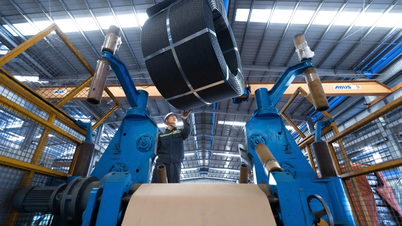

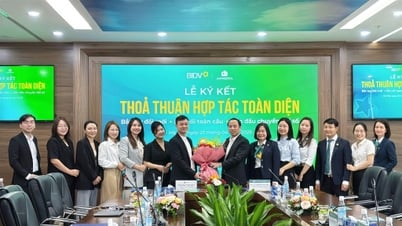

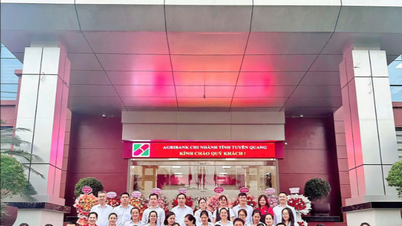


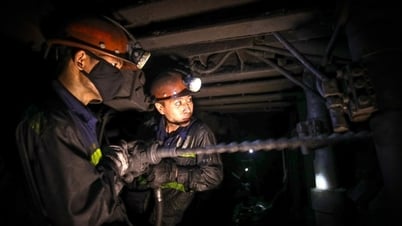




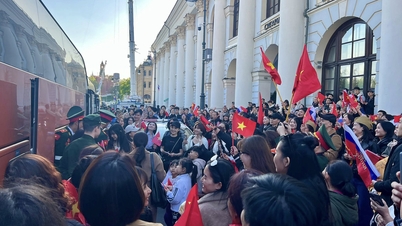
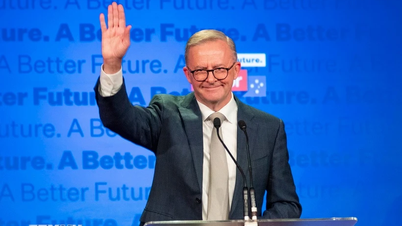

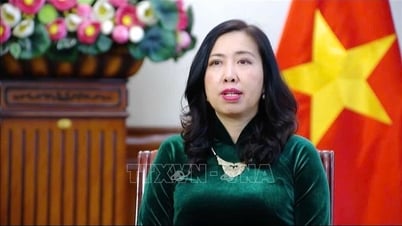




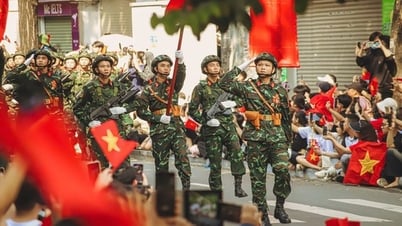



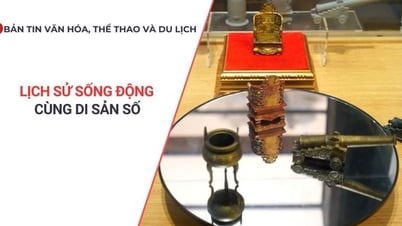



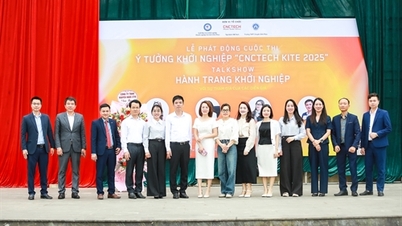


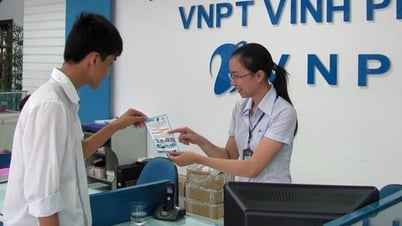
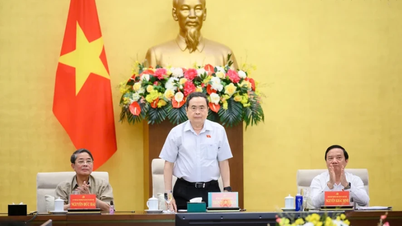
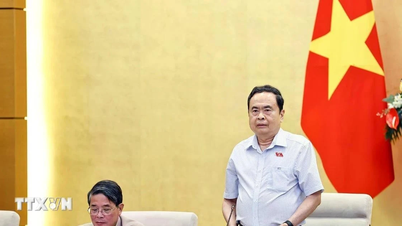






![[Video]. Building OCOP products based on local strengths](https://vphoto.vietnam.vn/thumb/402x226/vietnam/resource/IMAGE/2025/5/3/61677e8b3a364110b271e7b15ed91b3f)



Comment (0)